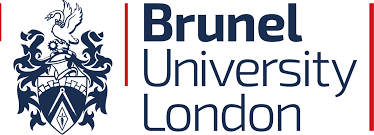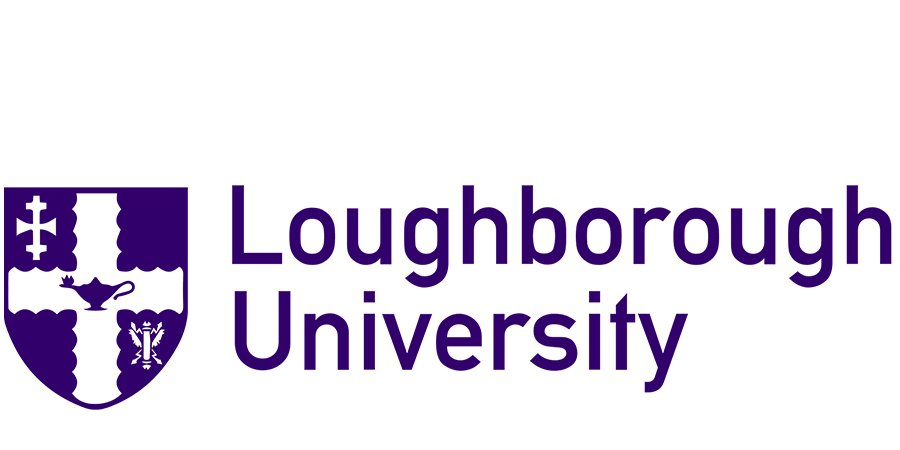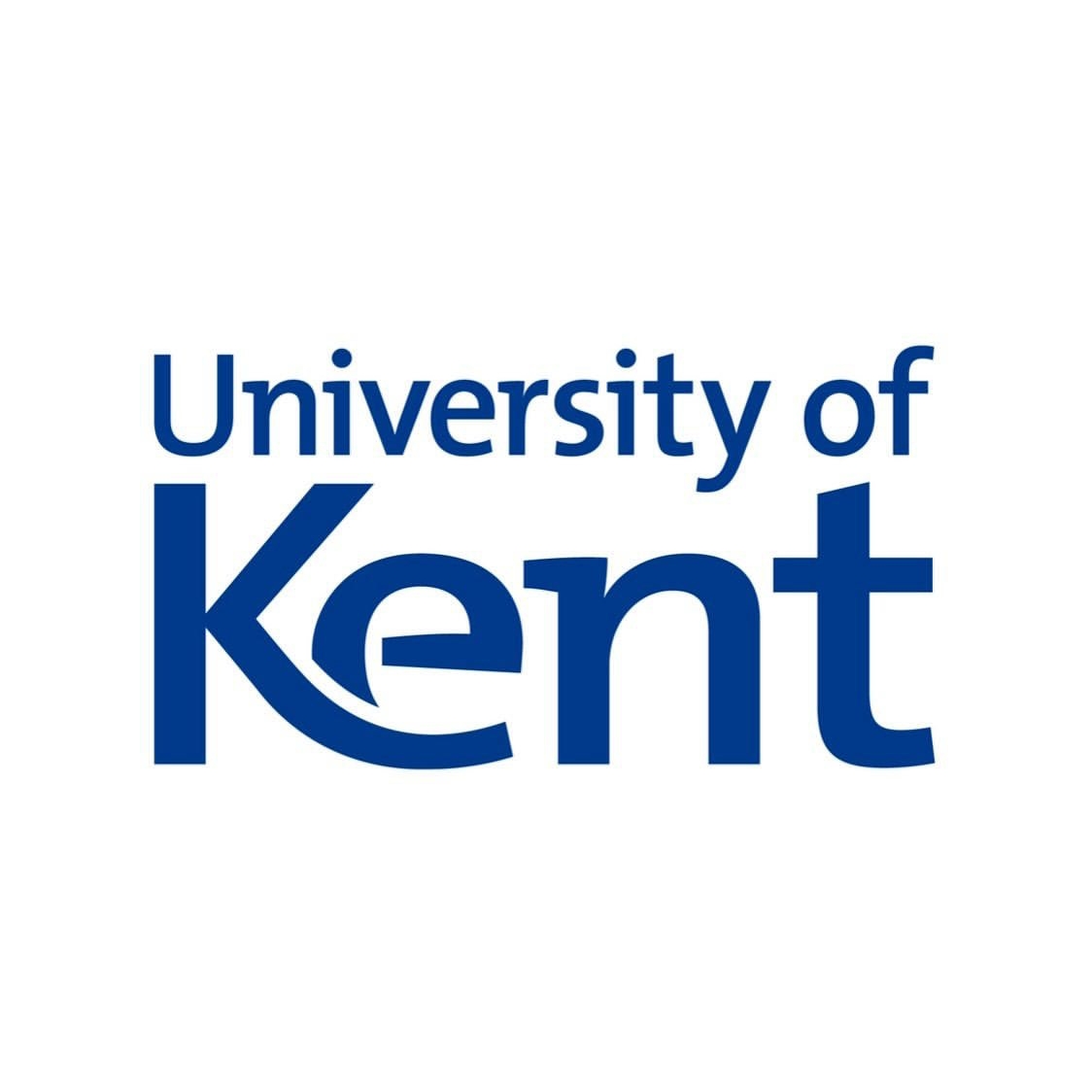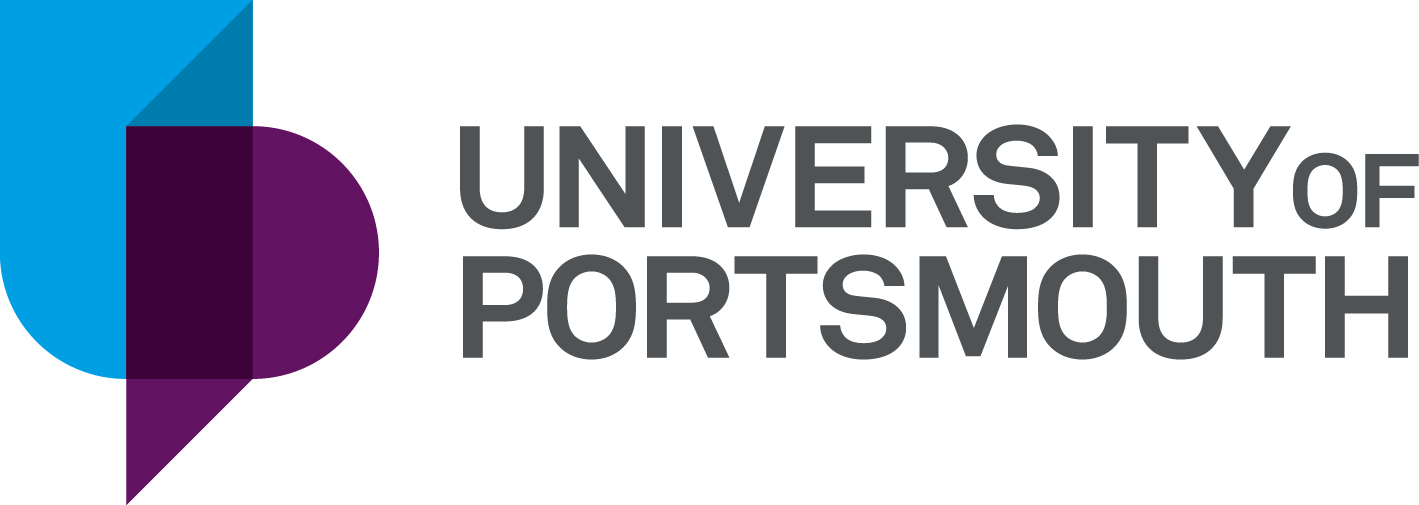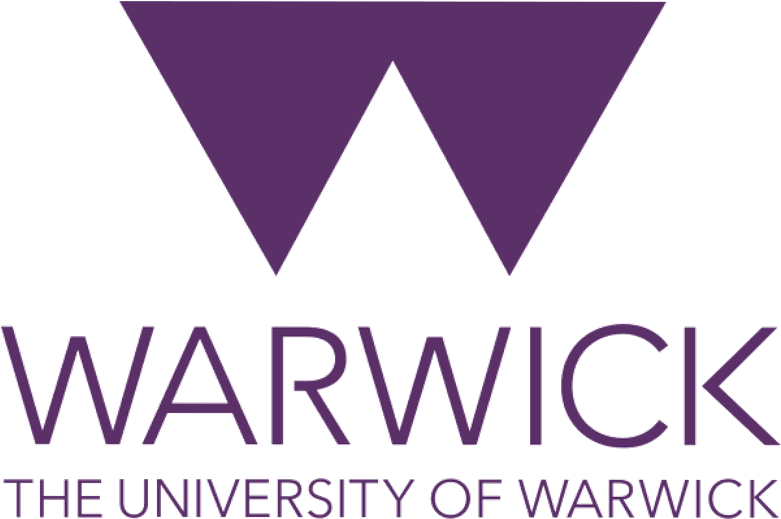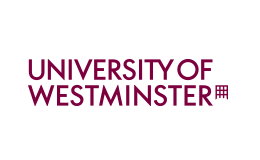Economics and Management: Your Gateway to Global Opportunities
Are you an Indian student passionate about understanding how economies function and how businesses thrive in a competitive world? Pursuing a degree in Economics and Management abroad can open doors to exciting careers in finance, consulting, policy-making, and entrepreneurship. This interdisciplinary field combines economic theory with practical management skills, equipping you with the tools to analyze markets, make strategic decisions, and drive organizational success. For Indian students, studying abroad in this discipline means accessing world-class education systems in countries like the UK, USA, Canada, Australia, and Europe, where you'll gain international exposure and build a global network.
With India's economy booming and its youth driving innovation, a degree in Economics and Management from abroad positions you as a leader in this dynamic landscape. Whether you're aiming for roles in multinational corporations, government think tanks, or starting your own venture, this course prepares you for the challenges of a globalized world. Let's dive into what this program entails and why it's an ideal choice for your study abroad journey.
Course Overview
The Economics and Management program is typically offered as a Bachelor's (BSc/BA) or Master's (MSc/MA) degree, lasting 3-4 years for undergraduates and 1-2 years for postgraduates. It integrates core principles of economics—such as supply and demand, macroeconomics, and econometrics—with management topics like organizational behavior, marketing, and strategic planning. Many programs emphasize real-world applications through case studies, internships, and projects, helping you bridge theory and practice.
For Indian students, this course is particularly appealing due to its relevance to emerging markets like India. You'll learn how economic policies affect developing economies, trade relations between India and global partners, and sustainable business practices in a post-pandemic world. Top universities often tailor modules to include global perspectives, with electives on topics like behavioral economics or international business ethics.
Key Curriculum Highlights
The curriculum is designed to build a strong foundation while allowing flexibility for specialization. Here's a breakdown of typical modules across undergraduate and postgraduate levels:
- Core Economics Modules:
- Microeconomics: Understanding individual markets, consumer behavior, and pricing strategies.
- Macroeconomics: Analyzing national and global economies, inflation, unemployment, and fiscal policies.
- Econometrics: Using statistical tools to test economic theories and forecast trends.
- Development Economics: Focus on growth in emerging economies, with case studies from India and Asia.
- Core Management Modules:
- Principles of Management: Leadership styles, team dynamics, and organizational structures.
- Financial Management: Budgeting, investment analysis, and risk assessment.
- Marketing and Strategy: Brand management, market research, and competitive positioning.
- Operations Management: Supply chain optimization and efficiency in global operations.
- Electives and Specializations:
- International Trade and Finance: Exploring WTO regulations and India's role in global trade.
- Business Analytics: Data-driven decision-making using tools like Python and R.
- Sustainable Business: ESG (Environmental, Social, Governance) factors in management.
- Entrepreneurship: Starting ventures, with insights into India's startup ecosystem.
Postgraduate programs often include a dissertation or capstone project, where you can research topics like "The Impact of Digital Economy on Indian SMEs" or "Post-Brexit Trade Opportunities for India-UK Relations." Many courses incorporate guest lectures from industry leaders and simulations of real business scenarios, ensuring you're job-ready upon graduation.
Eligibility and Admission Requirements for Indian Students
Gaining admission to Economics and Management programs abroad is straightforward if you prepare well. Indian students typically need:
| Requirement | Details |
|---|---|
| Academic Qualifications | Undergraduate: 10+2 with 60-70% in Commerce/Arts/Science streams. Postgraduate: Bachelor's degree in Economics, Management, or related field with 55-65% marks. |
| English Proficiency | IELTS: 6.5-7.0 overall (no band below 6.0). TOEFL: 90-100. PTE: 58-65. Waivers available if you've studied in English-medium schools. |
| Standardized Tests | SAT/ACT for undergrad (optional in many UK/Aus programs). GMAT/GRE for master's (required by top US schools like Harvard or Wharton). |
| Other Documents | Statement of Purpose (SOP) highlighting your interest in economics/management. Letters of Recommendation (2-3). Resume/CV with extracurriculars, internships, or projects. |
| Visa and Finances | Proof of funds: AUD 24,505/year for Australia; GBP 1,265/month for UK. Student visa interviews focus on genuine intent to study. |
Application deadlines vary: September intake (main) for fall semester, with early applications recommended by January-March. Scholarships like the Chevening (UK), Fulbright (USA), or Australia Awards specifically target Indian students, covering tuition up to INR 20-50 lakhs.
Career Prospects and Opportunities
A degree in Economics and Management abroad catapults Indian graduates into high-demand roles. The global job market values the analytical and strategic skills you'll acquire, with average starting salaries ranging from $50,000-$80,000 USD (INR 40-65 lakhs) annually, depending on the country.
Popular Career Paths:
- Financial Analyst/Consultant: Work with firms like McKinsey, Deloitte, or KPMG, advising on economic trends. In India, roles at RBI or NITI Aayog await.
- Business Development Manager: Drive growth for companies like Tata or Reliance, leveraging international insights.
- Policy Advisor/Economist: Influence government policies on trade, with opportunities at World Bank or IMF.
- Entrepreneur/Startup Founder: Use management skills to launch ventures, supported by ecosystems in Silicon Valley or London's Tech City.
- Investment Banker: Roles at Goldman Sachs or JP Morgan, focusing on mergers and market analysis.
According to LinkedIn's 2023 reports, economics graduates see 20% higher employability abroad, with many returning to India for leadership positions in fintech (e.g., Paytm, Razorpay) or consulting. The course's emphasis on data analytics aligns with India's digital push under initiatives like Digital India.
Top Universities for Economics and Management
Choosing the right university enhances your learning experience. Here are some top picks for Indian students, known for their strong programs, diverse cohorts, and support for international students:
- University of Oxford (UK): Renowned for its PPE (Philosophy, Politics, Economics) with management electives. Tuition: GBP 28,000/year. High employability (95% within 6 months).
- London School of Economics (LSE, UK): World-class economics faculty; MSc in Management. Scholarships for Indians via GREAT program.
- Harvard University (USA): Joint Economics and Business degrees. GRE required; generous financial aid.
- University of Toronto (Canada): BSc in Economics & Management with co-op internships. Post-study work visa up to 3 years.
- University of Melbourne (Australia): Flexible curriculum with focus on Asia-Pacific economies. Tuition: AUD 45,000/year; PR pathways available.
- INSEAD (France/Singapore): One-year MBA-style MSc; ideal for working professionals. Diverse Indian alumni network.
These institutions offer dedicated international offices, cultural integration programs, and Indian student societies to ease your transition.
Benefits of Studying Economics and Management Abroad
For Indian students, the advantages extend beyond academics:
- Global Perspective: Learn from diverse faculty and peers, understanding how Western models apply to Indian contexts like GST reforms or Make in India.
- Practical Exposure: Internships at global firms (e.g., summer placements at UN or EU bodies) build your resume.
- Networking: Connect with alumni in India's corporate world, boosting job prospects back home.
- Skill Development: Hone soft skills like critical thinking and cross-cultural communication, essential in multinational teams.
- Financial Returns: ROI is high; many graduates recoup costs within 2-3 years through premium salaries.
Challenges like homesickness or cultural adjustment are mitigated by university support, including counseling and Indian food options on campus.
Tips for Indian Students Planning to Study Abroad
To make your journey smooth:
- Research scholarships early—Inlaks Shivdasani Foundation offers up to INR 10 lakhs for overseas studies.
- Prepare for cultural differences; join pre-departure orientations from platforms like IDP or British Council.
- Budget wisely: Total costs (tuition + living) range from INR 20-50 lakhs/year, but part-time work (20 hours/week) helps.
- Focus on holistic applications: Highlight leadership in NCC, debates, or economics Olympiads.
- Post-study options: UK's Graduate Route (2 years work), Canada's PGWP (up to 3 years), or Australia's Temporary Graduate Visa enhance career starts.
Embarking on an Economics and Management degree abroad is more than education—it's an investment in your future. With India's rising global stature, your international credentials will make you indispensable. Start your application today and step into a world of endless possibilities!


